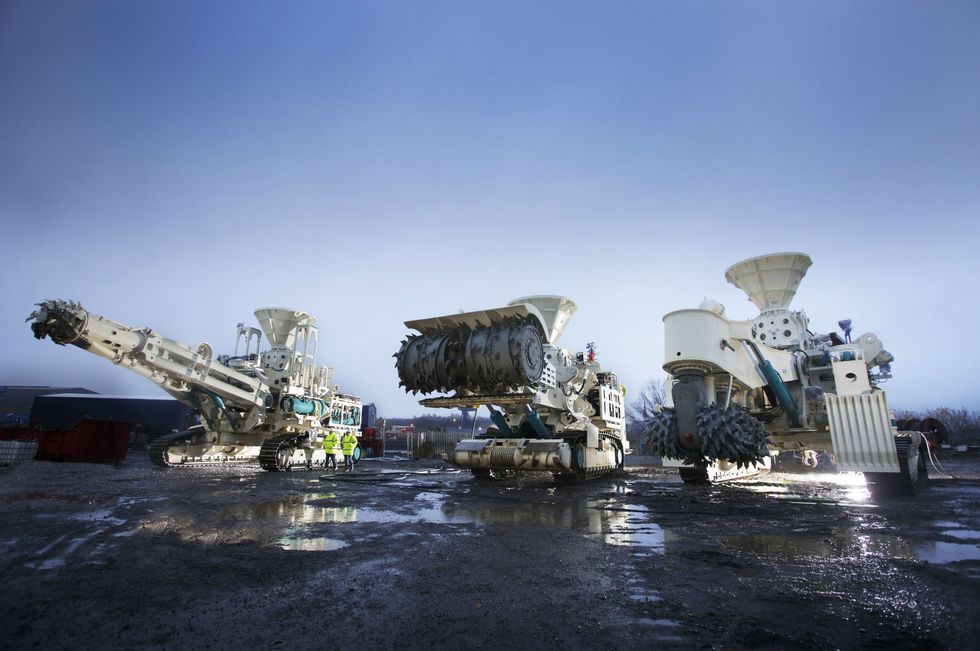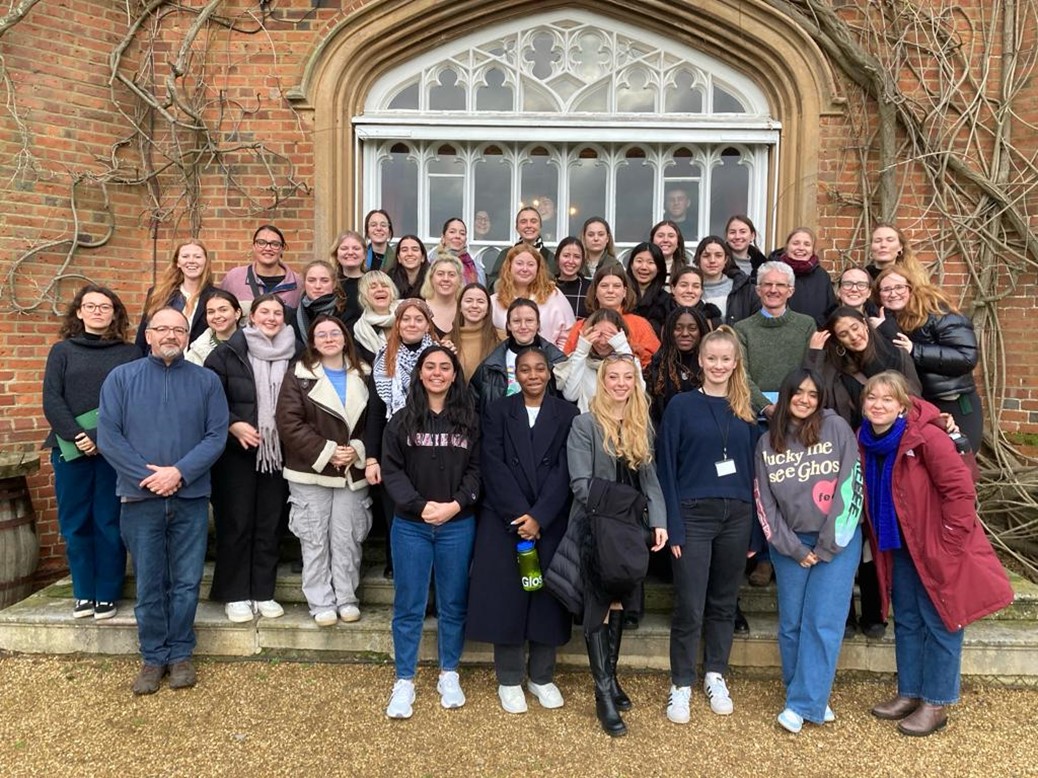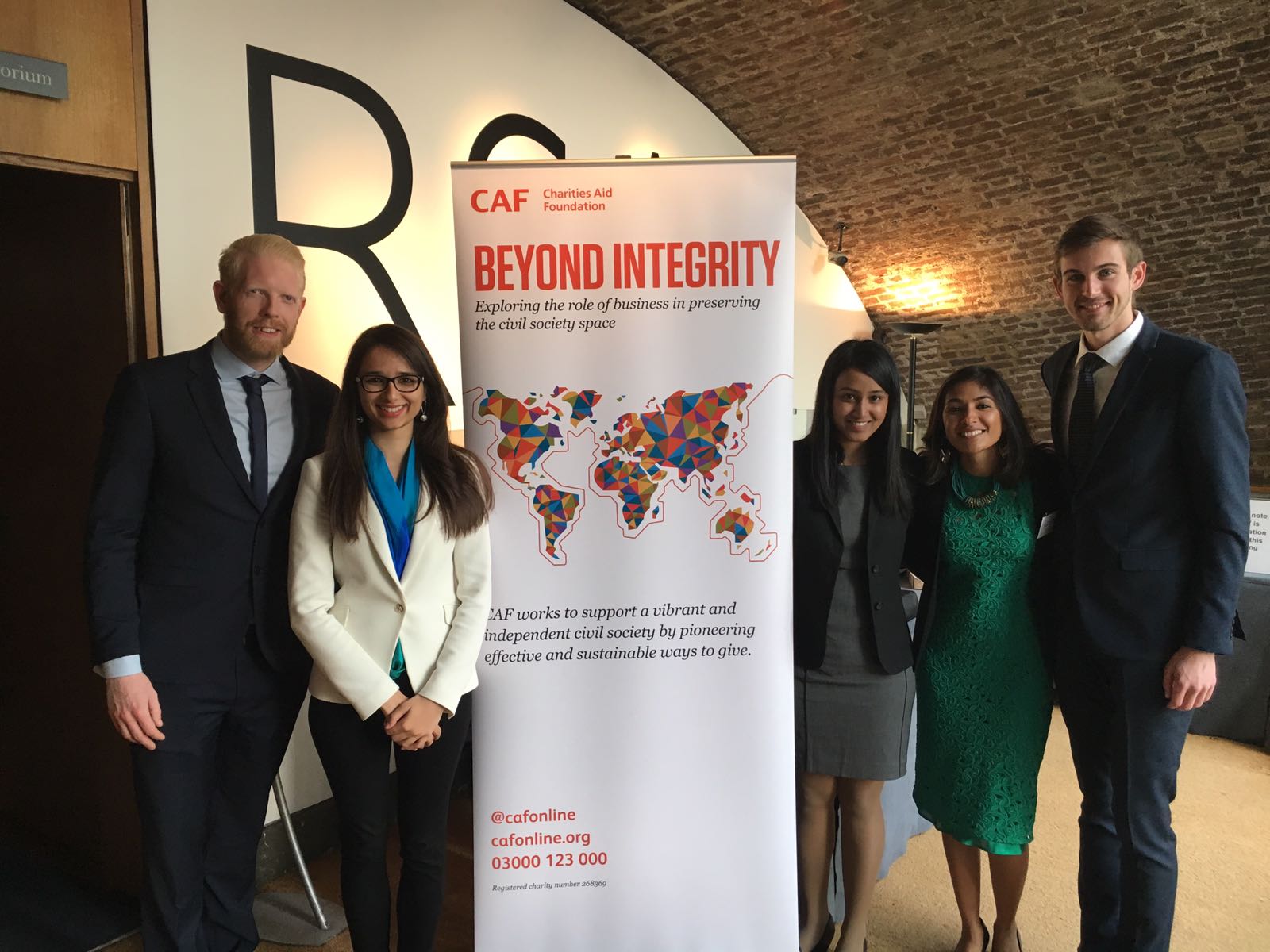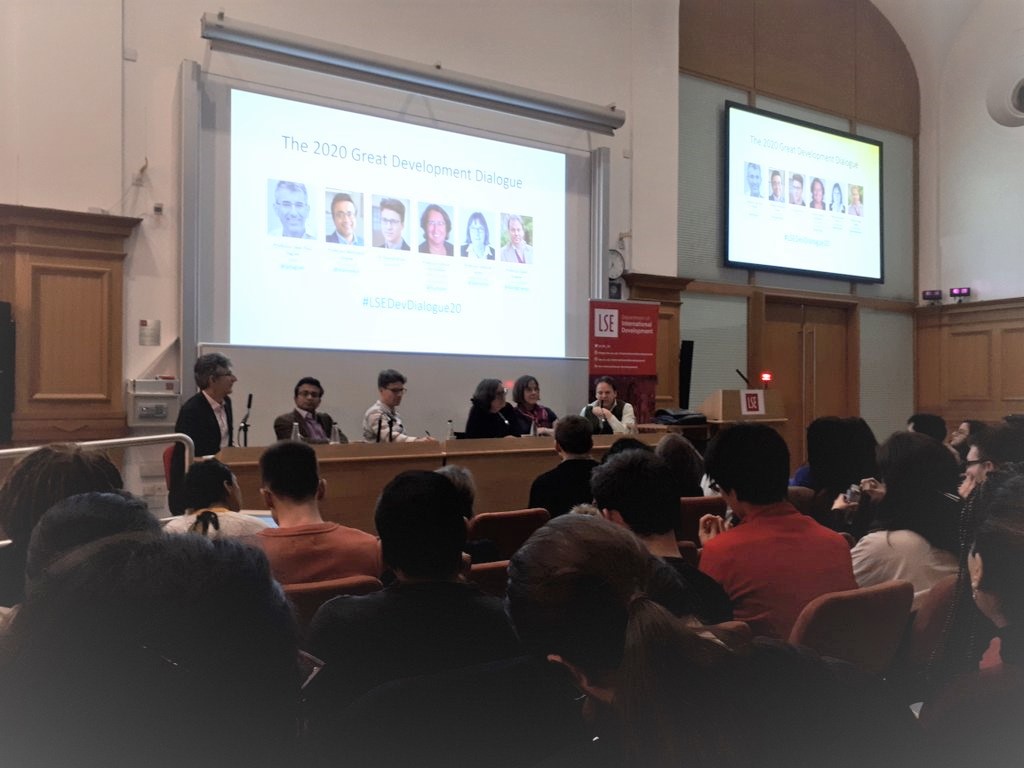MSc Environmental Policy & Regulation candidate, Isabella Salkeld explores the world of deep-sea mining for renewable energy and questions whether we are being sold a “greenwashed ideal”.

The key to solving climate change, we’re told, is to transition away from fossil fuels to clean energy. Wind turbines and solar panels will power a carbon-free future, creating thousands of green jobs in the process. And yet, omitted from this narrative heralding ‘green growth’ and ‘sustainable development’ is any mention of the destructive processes involved in sourcing key components of renewable technology: rare earth minerals.
Demand for rare earth minerals is soaring, causing a global expansion of open-pit mining, one of the most dangerous industrial sectors in the world. A mineral such as neodymium, which increases the blade rotation speed in wind turbines, is found in rocks encased in another mineral. Once these rocks are extracted from the soil, by injecting chemicals into the ground, they must be crushed and cracked, an energy-intensive process requiring high temperatures. After this comes ‘leaching’, dunking the minerals in leaching ponds, large plastic-lined wastewater pools filled with acids and chemicals to further separate the elements. Once built, wind turbines and solar panels have a life span of approximately 25 years, and many of the earth minerals inside them cannot be separated and reused.
Open-pit mining is potentially fatal for human health, exposing workers to high levels of toxins and radioactive by-products which can damage the central nervous system, cause cancer, or lead to cardiovascular and respiratory problems. Bayan Obo, China, home to the world’s largest rare earth mineral deposit, has one of the country’s highest malignant tumour mortality rates. The environmental damage is also severe, causing soil erosion, acidification, and dangerous levels of pollution in surface and groundwater, leading to reduced crop yields and biodiversity loss.
Renewable energy will not save us from ecological disaster, it will perpetuate old systems of pollution and oppression in ways the oil and gas industry has done for decades.
Just as oil extraction is justified in the name of development, rare earth mining is justified in the name of sustainable development. Just as Shell, a billion-dollar Anglo-Dutch oil company, allowed continued oil spills to destroy the livelihoods of poor farmers in the Niger Delta, Lynas Rare Earths Ltd, an Australian rare earths company which mines in Australia, has outsourced its minerals processing plant, the dirtiest part of its supply chain, to Malaysia. Historic injustice is set to repeat itself: the world’s most marginalised will suffer the effects of resource extraction to satisfy the insatiable energy demands of the Global North.
Malaysia has a history of being ‘used and abused’ by powerful corporations to do their dirty work. In the eighties, Mitsubishi Chemical established a rare earth plant in Bukit Merah, which led to the accumulation of unsafe levels of radioactive waste. Despite calls from experts and residents to act, the plant remained open, leading to eight workers dying of leukaemia. Decades after the plant’s closure the clean-up is ongoing, and children are still being born with physical defects.
Lynas has now seen a similar opportunity to dump its radioactive waste overseas. Experts have expressed concern for rural fisherman and farmers who rely on unpolluted water for their livelihoods, especially since groundwater pollution is exacerbated by flooding during monsoon season. After tensions mounted and Lynas threatened legal action, the Malaysian government agreed the company could build a permanent waste disposal facility in the area. Norman Moore, leader of the Western Australia government, reportedly announced in June 2011 that the Australian government would refuse to take back any radioactive waste produced from the processing plant, despite knowing that 2,200 tonnes of it were expected to be produced there annually.
The response from Mahathir Mohamad, Malaysia’s incumbent Prime Minister, highlights the power imbalance at play: “If you treat Lynas like a pariah, and ask them to leave this country, we will not get other people to come to this country to invest.” Determined to attract foreign investment to grow their struggling economies, governments in the Global South will often concede to highly inequitable deals. Harmful endeavours such as mining and radioactive waste disposal are legitimised in the name of development, despite the potentially disastrous consequences this can have for the world’s most vulnerable. Rich nations’ neo-colonial contempt for the Global South will only further exacerbate these trends.
Without a reimagining of our energy-intensive capitalist system – which fuels incessant growth, extraction, and wastage – ecological crises, and the wealth of environmental injustices underpinning them, will remain unresolved. In April, the BBC reported that a deep sea mining machine had been stranded on the ocean floor of the Pacific, a worrying sign of what’s to come: earth mineral companies colonising the ocean to tear up the seabed.
At some point, growth must be curbed, or we risk pushing the Earth beyond its biophysical limits and destroying communities’ livelihoods in the process. Whilst decarbonisation plays an important role in tackling climate change in the short term, the unjust and destructive processes inherent in renewable energy’s production expose the term ‘sustainable development’ for what is really is – a greenwashed ideal.
The views expressed in this post are those of the author and in no way reflect those of the International Development LSE blog or the London School of Economics and Political Science.






The comments about Lynas Corporation in Malaysia are completely false. All RE processing there is conducted in complete safety, as monitored continuously 24/7 by regulatory authorities. There is NO radioactivity in its products or residues under the limits imposed on Australia, the US, EU and all other nations worldwide (except Malaysia alone, that sets a limit ten times lower!
98% of the Lynas plant’s workers are highly skilled Malaysians – who are completely happy with all safety procedures.